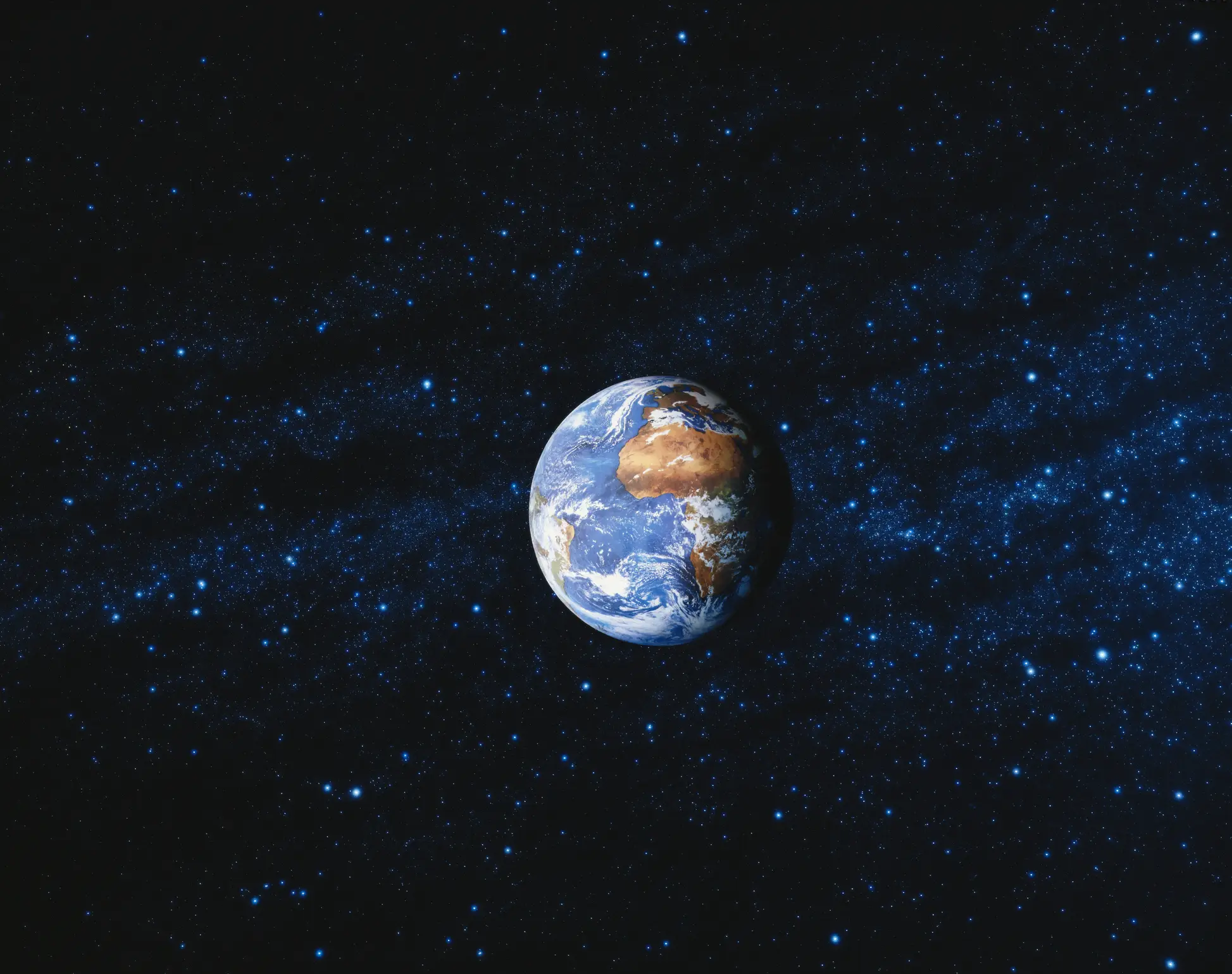


Scientists have just discovered that our essential ingredient for life may have formed in the Universe far earlier than first believed.
New research suggests that water molecules could have started forming just 200 million years after the Big Bang. This challenges previous beliefs that water couldn't exist so early due to the lack of oxygen - a key component of H₂O.
To figure this out, cosmologist Daniel Whalen from Portsmouth University in the UK and his team virtually recreated the explosions of two stars using early Universe parameters. One was 13 times the mass of our Sun and another 200 times as massive.
They found the means to make water were already present as early as 100 million years after the Universe exploded into existence.
Advert
"Our simulations suggest that water was present in primordial galaxies because of its earlier formation in their constituent haloes," the researchers wrote.

Within the first second of the virtual supernovae, the temperatures and pressures were high enough to fuse former star gases into oxygen.
As the exploded star material expanded somewhat over 1,600 light-years, it cooled rapidly and, in doing so, created the perfect conditions for hydrogen molecules (H2) to form.
Once oxygen collided with hydrogen in the dense regions of the supernova leftovers, water molecules began to form.
Not only does this suggest that water existed much earlier in the Universe than expected, but it could also have played a role in the formation of stars and rocky planets.
"The higher metal content [...] could, in principle, lead to the formation of rocky planetesimals in protoplanetary disks with low-mass stars," Whalen and the team explained.

This means that even in the earliest galaxies, the foundations for planets with water may have been present.
"If so, several supernova explosions may occur and overlap in the halo," the researchers added. "Several explosions may produce more dense cores and, thus, more sites for water formation and concentration in the halo."
In areas where the halo gas is spare, repeated explosions would have destroyed the newly formed water. However, in denser cloud cores, H2O has a higher chance of surviving, as dust particles help shield it from destructive radiation.
According to their calculations, the first galaxies may have contained only ten times less water than what we see in the Milky Way today. This means that water was likely widespread billions of years ago, long before our Solar System even formed. How crazy is that?!